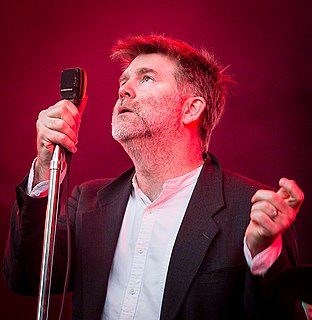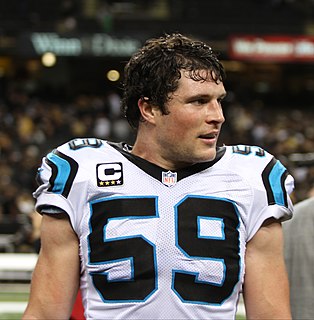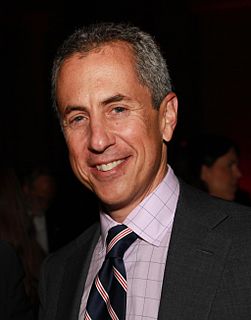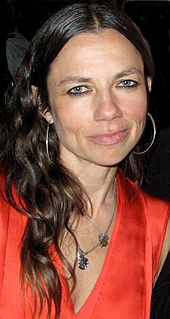A Quote by Noam Chomsky
The rise of capitalist practice and morality brought with it a radical revision of how the commons are treated, and also of how they are conceived.
Related Quotes
We should be able to bring the practice of meditation hall into our daily lives. We need to discuss among ourselves how to do it. Do you practice breathing between phone calls? Do you practice smiling while cutting carrots? Do you practice relaxation after hard hours of work? These are practical questions. If you know how to apply meditation to dinner time, leisure time, sleeping time, it will penetrate your daily life, and it will also have a tremendous effect on social concerns.
I think football is a lifestyle more than anything. It's how you eat, it's how you sleep, it's how you conduct yourself. It's just everything you do you have to keep in mind, is this going to help or have a positive impact on how my practice is going to be, how my workout is going to be, how the game is going to be.
Now, in practice, in daily social interactions, etc., there may be all kinds of biases and prejudices that are unspoken, that people aren't aware of, that affect who's hired, and who gets loans, and how kids are treated in school. But it's a powerful thing if you have on your side an idea that the overwhelming majority of people believe in because that's how you can build a consensus that's lasting.
Essentially what's going to determine how you succeed in New York is how people feel about the space, how delicious the food is, how they perceive the value and, most important of all, how they feel treated. My understanding is Stephen Starr is exceptionally good at all of this and his ability to create a transporting experience.
Also to get to see over the course of time how they change, and how Andy [Hertzfeld], regardless of how he's treated, still maintains a friendship with Steve [Jobs] over the course of time. Enough to want to show up and cheer him on. It says a lot about his character, and also that he cares about Steve. Yeah, I find it moving, and I find it a lovely thing on Andy's part.






































